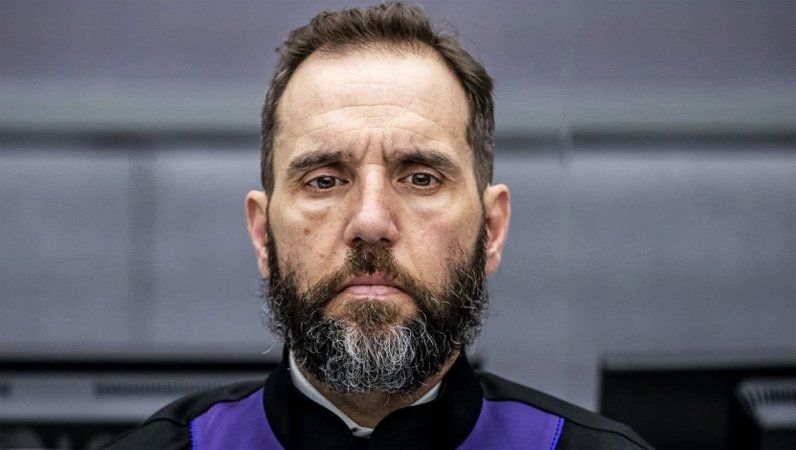With Donald Trump facing multiple investigations in New York, Georgia and Washington, D.C., questions are being raised over whether he will be eligible for a pardon should he be found guilty of any of the many crimes he has been accused of.
In a speculative column for Politico, University of Baltimore School of Law professor Kimberly Wehle wrote that there are many paths and outcomes depending upon whether the former president is indicted at the state or federal level, but one charge and conviction would put a pardon out of reach even if Trump is re-elected and tries to absolve himself.
Digging deep into the Constitution, Wehle suggests that, should special counsel Jack Smith indict Donald Trump for his part in leading the Jan. 6 insurrection, there will be nothing he or even President Joe Biden can do about it via the pardon.
As she wrote, the charges in Trump's second impeachment provide a roadmap.
"No court has yet considered the question of whether presidents can pardon themselves, even for crimes committed in the Oval Office," she wrote. "Article I, Section 3 of the Constitution states of impeachment, which is the most apparent remedy for presidential wrongdoing in office, that 'the party convicted shall nevertheless be liable and subject to indictment, trial, judgment and punishment, according to law.'"
"Given that impeachments cannot be pardoned under Article II, the impeachment language — which makes former presidents subject to the criminal laws for impeachable conduct — could be read to suggest that crimes related to impeachments cannot be pardoned, either," she explained.
She added that Section 3 of the 14th Amendment also presents a roadblock to the former president.
"If Smith’s grand jury indicts Trump under the section of federal sedition law which provides that '[w]hoever incites, sets on foot, assists, or engages in any rebellion or insurrection against the authority of the United States or the laws thereof, or gives aid or comfort thereto . . . shall be incapable of holding any office under the United States,' a self-pardon would clash with the Supreme Court’s longstanding recognition, discussed below, that pardons cannot undermine other parts of the Constitution."
You can read more about that here.
Leave a Comment
Related Post
